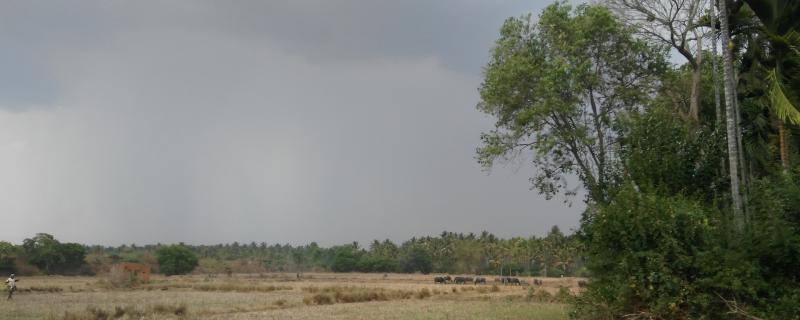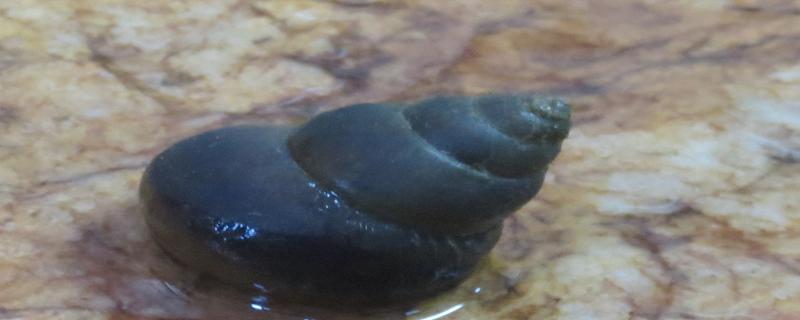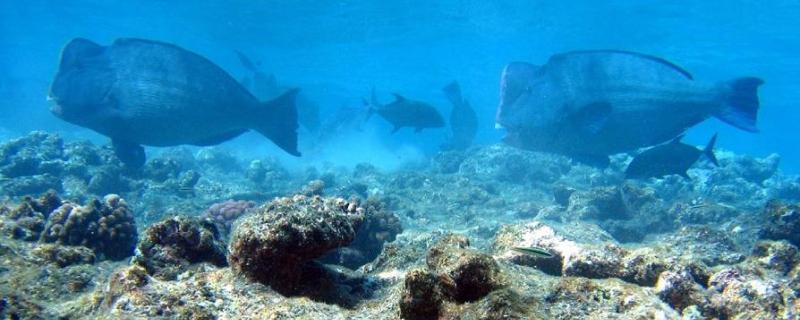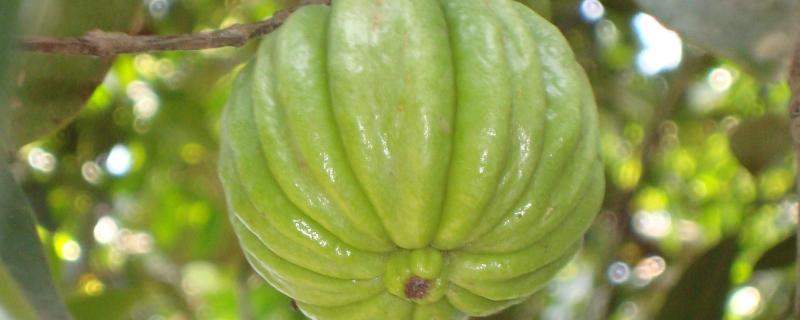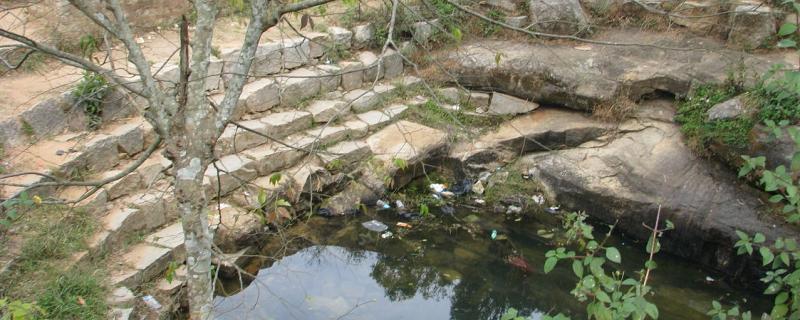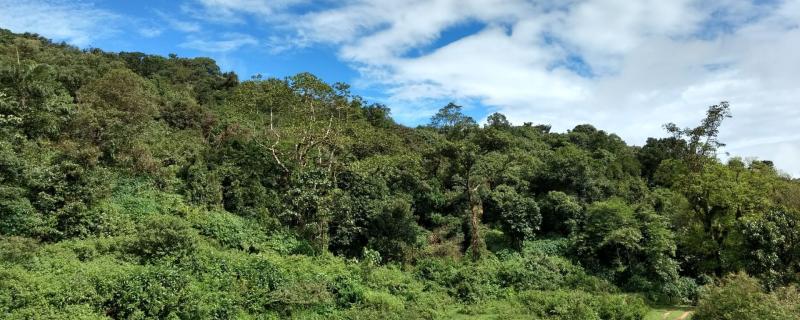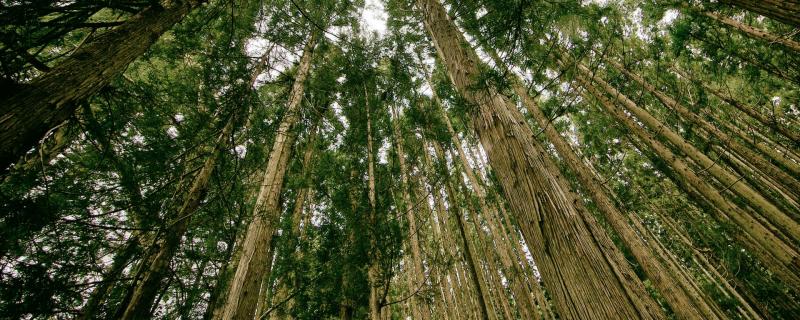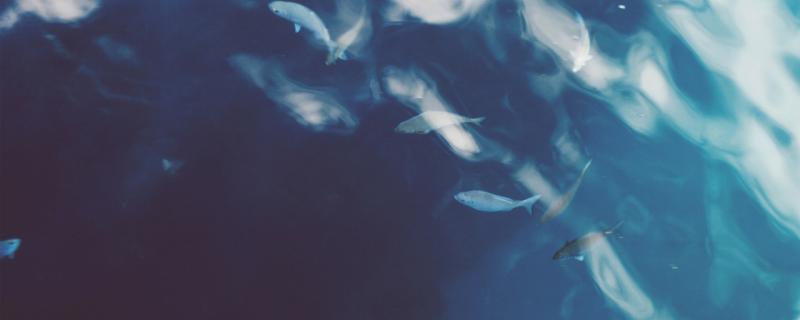An aerial view of the Tungabhadra dam in Karnataka [Image Credits: Bishnu Sarangi from Pixabay]
The Indian Space Research Organisation (ISRO) has achieved another leap in its quest for self-reliance in space, successfully launching the heaviest communication satellite ever lifted from Indian soil using its formidable heavy-lift rocket, the Launch Vehicle Mark-3 (LVM3). Affectionately nicknamed ‘Bahubali’ for its sheer power, the LVM3-M5 mission placed the critical 4,410 kg CMS-03 spacecraft into a precise Geosynchronous Transfer Orbit (GTO) on Sunday, November 2, 2025, from the Satish Dhawan Space Centre.
Sriharikota/
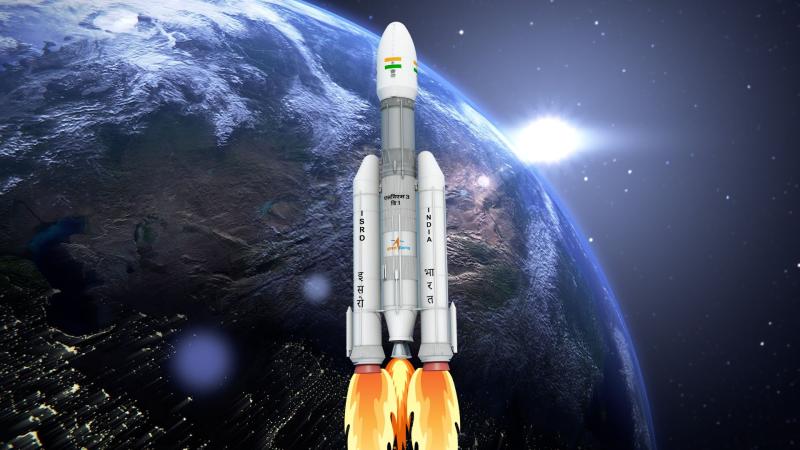
![An aerial view of the Tungabhadra dam in Karnataka [Image Credits: Bishnu Sarangi from Pixabay] Dams in the Western Ghats are altering the water and impacting the fish](/sites/researchmatters/files/styles/large_front_800x320/public/fishesalka1.jpg?itok=RmubcXkU)
